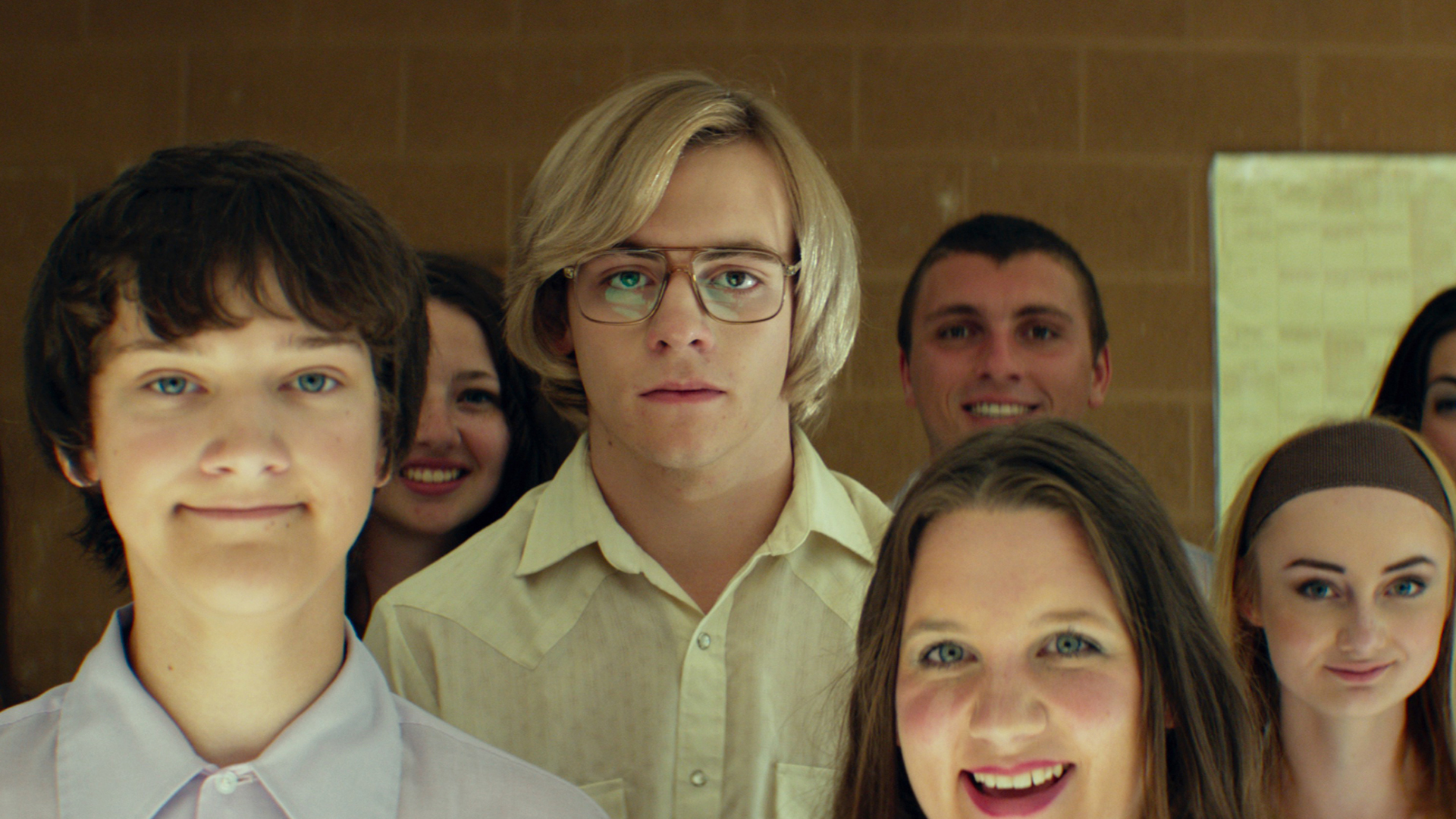In recent years, the number of TV shows and documentaries depicting the lives and crimes of infamous serial killers has skyrocketed. “Extremely Wicked, Shockingly Evil and Vile,” “Night Stalker: The Hunt for a Serial Killer,” and most recently, “Monster: The Jeffery Dahmer Story” are among the most popular. Hollywood’s bizarre obsession with immortalizing serial killers is evidenced through to repeated production of true crime series chronicling the deeds and misdeeds of these real-life villains.
The true crime genre has become increasingly popular in the last few years. It’s possible that this is due to our innate morbid fascination with evil, death and the grotesque. But criminologist Scott Bonn believes that this fascination is due to the fact that true crime shows allow us to experience fear and horror in a controlled environment where the threat is exciting but not real. Furthermore, studies have revealed that women are more likely than men to consume true crime content because they believe it will help them to avoid becoming victims themselves.
These TV shows typically offer insight into the traumatic events in serial killers’ lives that led to their horrific crimes. They delve deep into the serial killers’ childhood traumas and use this contextualization to elicit sympathy from viewers. This is especially dangerous because it usually results in the humanization and glorification of these killers. They are portrayed as smart and personable people whose upbringings or mental health statuses drove them to commit gruesome murders. This approach is particularly insidious, as it effectively exonerates them of any blame or responsibility.
While some may argue that these shows raise awareness of critical social issues such as mental health, misogyny or racial prejudice, they are frequently sensationalized versions of what actually occurred. They typically focus on the killers and go into excruciating detail about the atrocious murders, all while downplaying the effects on the victims and their loved ones. True-crime portrayals forget that these victims were human beings who lived complex lives and had their own hopes and dreams taken away from them.
Directors deliberately cast conventionally attractive men and household names to make the story more palatable and digestible. Actors such as Zac Efron in “Extremely Wicked, Shockingly Evil and Vile” and Darren Criss in “The Assassination of Gianni Versace” contribute significantly to the romanticization of serial killers and, by extension, their murders. Zac Efron, best known for his breakout role in the Disney Channel original movie “High School Musical,” has a large fan base comprised primarily of teenage girls and young women. The directors of these shows purposefully seek out these likable and charming actors, and as a result in people are unable to see the killers as they truly are. This overt romanticization of the killers ignores the evils they committed and shows a complete disregard for their family members and loved ones.
Furthermore, casting popular, conventionally attractive actors in these shows fetishizes serial killers. Although there are currently no studies on the condition, hybristophilia, sexual interest in and attraction to criminals, is a type of paraphilia that explains this phenomenon. A well-known example is the case of Ted Bundy, who had an astonishingly large fan base, comprised primarily of women. He received fan mail, nude photographs and even marriage proposals while on trial. In an even more terrifying vein, some women attended his court trial dressed exactly like his victims. Despite being a gay man, Jeffrey Dahmer was also on the receiving end of this behavior, as he got love letters and gifts while incarcerated.
Although these TV shows may not be the primary cause of serial killer fetishization and romanticization, the constant creation of these shows exacerbates the problem. Instead of showing the terrible side of these killers, they are portrayed as charismatic and charming in a way that consistently inspires new generations of fans. Following the release of “Extremely Wicked, Shockingly Evil and Vile,” many women took to social media platforms such as TikTok, Tumblr and Twitter to express their attraction to and admiration for Ted Bundy. There were numerous videos online of girls pretending to be his victims (and some pretending to be him) and fantasizing about going on dates with him.
These shows spur problematic behaviors such as the creation of dedicated fan pages for the killers, “thirst traps” on TikTok and even serial killer cosplay (as evidenced by an increase in the purchase of Dahmer-related merchandise following the release of the series last month).
Furthermore, in most cases, family members of the victims are often unaware that the shows have been created until the information is released to the general public. It is not only unethical, but also incredibly insensitive to take advantage of the pain and suffering of these families for financial gain. It is not surprising that explicit, written consent is rarely obtained from victims’ families, as their request would almost certainly be denied. A number of victims’ families have spoken out against these shows, calling them exploitative and retraumatizing.
It is also important to remember that when these shows go into excruciating detail about how the crimes were committed and how the killers eluded law enforcement, they can send the wrong message to people who idolize serial killers and aspire to be like them. Numerous real-life serial killers are said to have been inspired by the actions of serial killers depicted in TV shows or films.
It’s nearly impossible to tell a story about a serial killer without getting into the gory details of the crimes. Constant exposure to this content desensitizes viewers over time and people easily forget about the actual victims of the crimes. It is critical to focus on recognizing and sympathizing with victims and their loved ones rather than the perpetrators of these crimes. More often than not, these criminals crave the fame, notoriety, and attention that comes with publicizing their crimes. Telling their stories only serves to further that goal, even if posthumously.

















